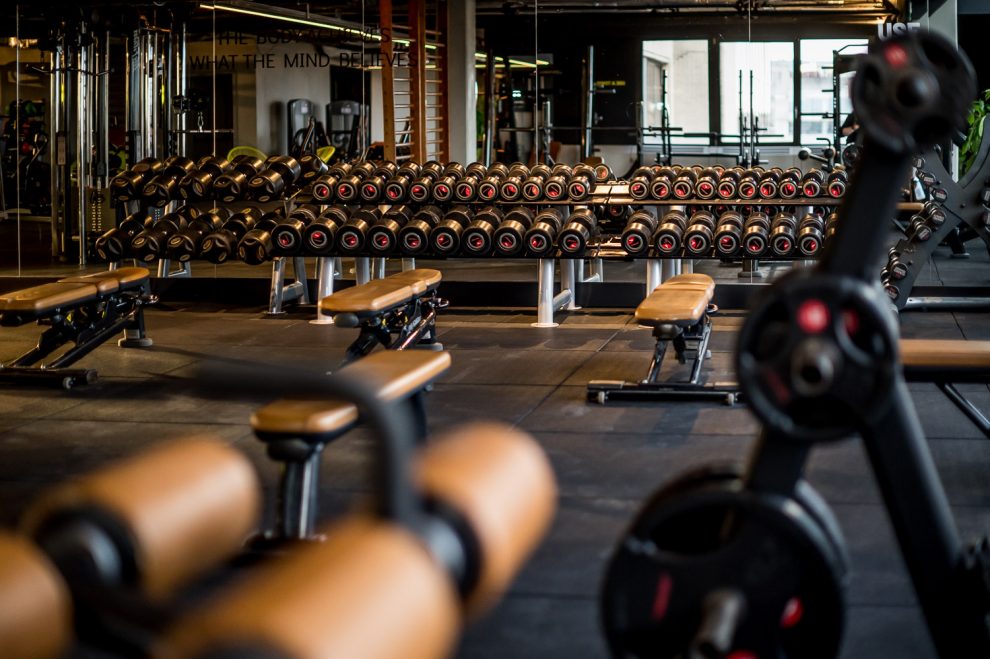Sports medicine is a multidisciplinary field that focuses on the prevention, diagnosis, and treatment of injuries and illnesses in athletes and active individuals. Two crucial aspects of sports medicine are proper nutrition and exercise, as they play a significant role in maintaining optimal health and performance. In this article, we will explore the importance of proper nutrition and exercise in sports medicine and how they can contribute to a healthy and active lifestyle.
1. The Role of Proper Nutrition in Sports Medicine:
Nutrition is the foundation for optimal athletic performance and overall health. Proper nutrition involves consuming a balanced diet that provides the body with essential nutrients, such as carbohydrates, proteins, fats, vitamins, and minerals. This helps to ensure that the body has the necessary fuel and building blocks to support its various functions, including muscle growth, repair, and energy production.
2. The Importance of Exercise in Sports Medicine:
Exercise is essential for maintaining cardiovascular health, muscle strength, and flexibility. It can also help to manage weight, reduce stress, and improve overall mental health. The type of exercise you choose should be based on your individual goals, health, and lifestyle. Some of the most common forms of exercise include aerobic activities, such as running, cycling, or swimming, and strength training exercises, such as weightlifting or bodyweight exercises.
3. The Relationship Between Nutrition and Exercise:
The relationship between nutrition and exercise is symbiotic – proper nutrition supports exercise, and exercise helps to facilitate the benefits of proper nutrition. For example, consuming a balanced diet rich in carbohydrates, proteins, and fats can provide the body with the energy it needs to power through a tough workout. At the same time, regular exercise can help to improve the body’s ability to process and utilize the nutrients from food, ensuring that they are used efficiently.
4. The Role of Sports Dietitians:
Sports dietitians are nutrition professionals who specialize in working with athletes and active individuals to ensure that they are fueling their bodies appropriately for their specific needs and goals. They can provide personalized nutrition plans, advice on supplementation, and guidance on how to optimize your diet for your particular sport or activity.
5. The Importance of Hydration in Sports Medicine:
Hydration is crucial for maintaining optimal athletic performance and overall health. The body is composed of approximately 60% water, and it needs to be replenished regularly to support its various functions, including muscle contractions, nutrient delivery, and waste removal. Make sure to drink enough water before, during, and after exercise to avoid dehydration, which can lead to fatigue, dizziness, and decreased performance.
6. The Role of Protein Intake in Sports Medicine:
Protein is an essential nutrient for athletes and active individuals, as it helps to build and repair muscle tissue. The amount of protein you need to consume depends on various factors, including your body weight, activity level, and fitness goals. Consult with a sports dietitian or nutritionist to determine the optimal protein intake for your specific needs and goals.
7. The Importance of Fueling Before Exercise:
Eating a small snack or light meal before exercise can help to provide your body with the energy it needs to power through your workout. This can include a banana, a piece of toast, or a protein bar. Make sure to choose a snack that is easy to digest and provides a balanced mix of carbohydrates, proteins, and fats.
8. The Role of Recovery Nutrition in Sports Medicine:
Proper nutrition is essential for aiding in recovery after exercise. This includes consuming a balanced meal that provides the body with the nutrients it needs to repair and rebuild muscle tissue, as well as supporting the immune system. Aim to consume a mix of protein, carbohydrates, and fats within 30 minutes to an hour after your workout to facilitate the recovery process.
9. The Importance of a Balanced Lifestyle:
Maintaining a healthy and active lifestyle requires a balance of proper nutrition, regular exercise, and self-care. This includes getting enough sleep, managing stress, and listening to your body’s signals to determine when you need to rest or modify your workout routine. By incorporating these elements into your daily routine, you can enjoy a lifetime of health and vitality.
10. The Role of Technology in Sports Medicine:
Technology has revolutionized the way we approach sports medicine, providing us with new tools and insights to optimize our nutrition and exercise routines. This includes wearable devices that can track your heart rate, sleep quality, and daily step count, as well as online resources and apps that can help you plan and track your workouts and nutrition.
Proper nutrition and exercise are essential aspects of sports medicine, as they play a significant role in maintaining optimal health and performance. By understanding the importance of these factors and incorporating them into your daily routine, you can enjoy a lifetime of health and vitality. Remember, the key to maintaining a healthy and active lifestyle is to find a balance between proper nutrition, regular exercise, and self-care that works for you.

















Add Comment